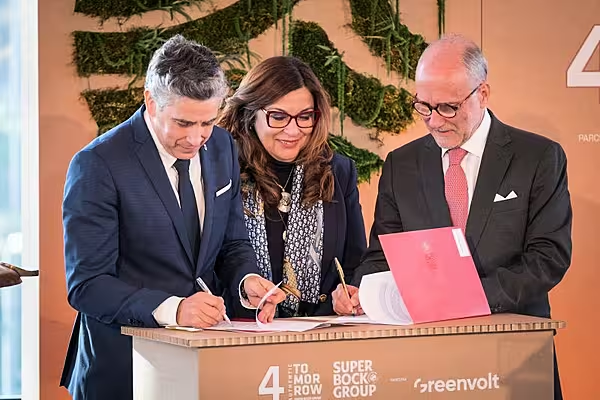With bars and restaurants shut for months in parts of Spain and tourism drying up due to the coronavirus pandemic, the country's €1.2 billion ($1.46 billion) cava wine sector had been expecting a devastating year.
But early projections of an up to 40% collapse in sales proved overly pessimistic, with producers of the bubbly drink expecting the year-end holidays to further dilute the impact on the industry led by brands such as Freixenet and Codorniu.
Geographically-diversified exports and growing online trade targeting home-based consumption have kept sales decline to just over 10%, signalling a potential template for other hit-hard sectors in the battered economy.
"No one desires a fall, but I'd even say it's a pretty good result considering the context," Cava Regulatory Board Chairman Javier Pages said.
Shipments of cava - mainly made in the northeastern Catalonia region - fell 10.5% in January-September from a year ago, with a steeper 13% drop in domestic consumption than abroad, of 7%, Pages said.
Festive Season
He hopes numbers will improve during the festive season, traditionally the best period for cava sales, even if dampened this year by a 10-people limit on gatherings per household and with most corporate parties cancelled.
Damia Deas, chairman of AECAVA business group representing 90% of the sector's revenue and manager of the Vilarnau brand, in May forecast sales could fall between 25% and 40% in 2020 from the 250 million bottles shipped in 2019: the second-best year ever.
"No doubt, it's a terrible year...We had prepared for the worst but our sector has been able to resist a bit better than we thought thanks to exports," said Deas, citing a good standing in Britain, Sweden and Holland.
About a quarter of the over 200 producers still have staff under furlough schemes, he said, adding that those who export less are more affected than others.
"I believe 2021 will be a year to stabilise the ship and from 2022 we start thinking about growth, expansion and investment," Deas said.











